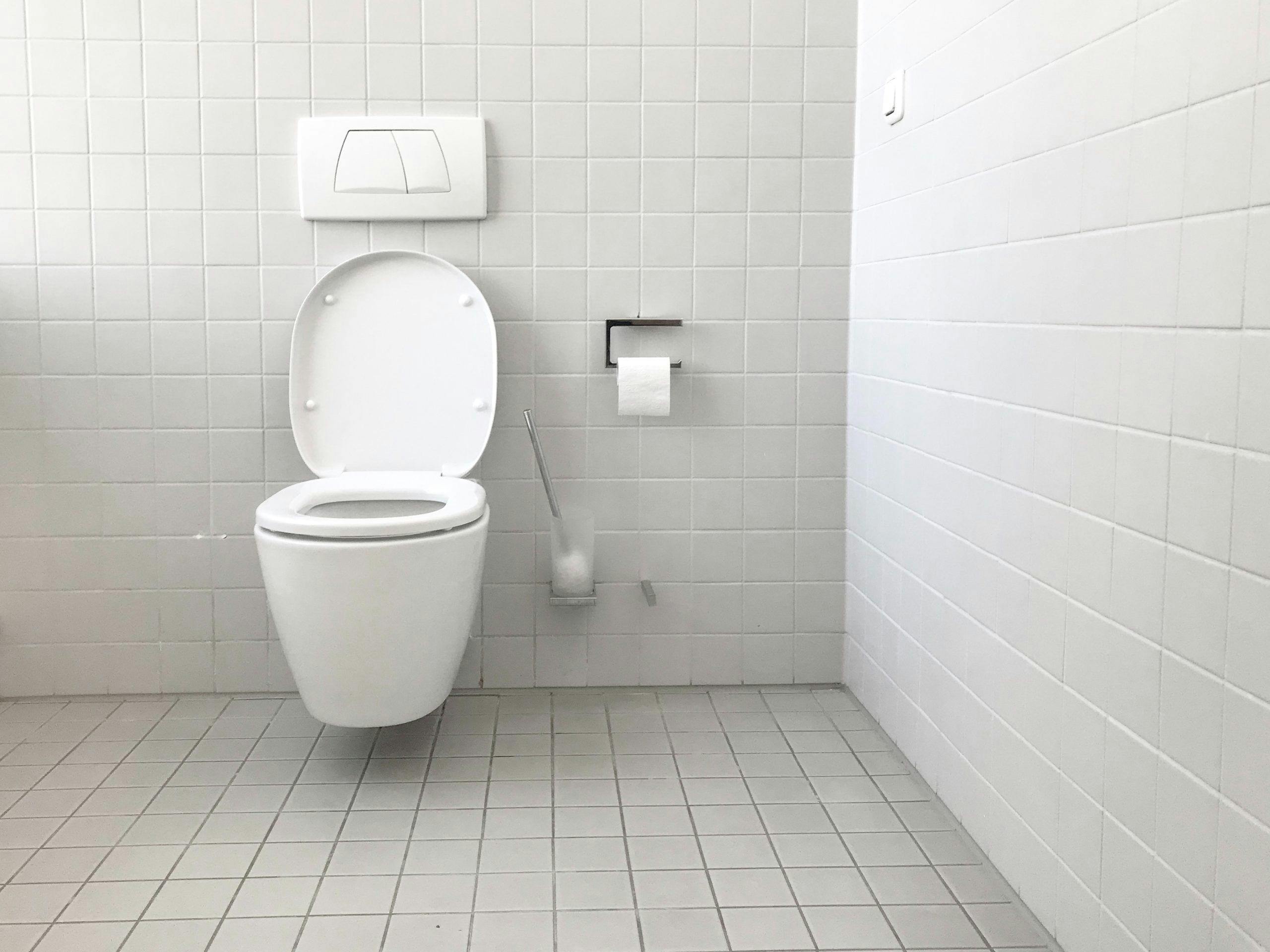While it’s understandable that washrooms and toilet facilities may not be at the top of every business owner’s to-do list, a lack of facilities management can have an immediate impact on employee happiness, retention, productivity and well-being.
There are also a number of legal requirements that must be met in agreement with the Workplace (Health, Safety and Welfare) Regulations of 1992. Not only are there laws to be met, but by providing quality washroom facilities, businesses can demonstrate to employees and visitors that they are a valued part of your organisation and make them feel comfortable in their environment.
For a detailed look into how many toilets a business should have, have a read through our blog here.
Here are some of the key toilet and washroom regulations that facilities managers need to know when working for any business or industry.
Legal Requirements for washroom facilities
A washroom can be found in businesses, offices, schools, public spaces and commercial properties, and although there are more specific laws in place, there are many regulations that every facilities manager must follow.
Read more on how to ensure your school washroom passes an Ofsted inspection.
Gender
The discussion around gender-neutral toilets has been a popular topic recently, but regardless of where you fall in the debate, current regulations note that separate facilities should be provided for both men and women. However, if this isn’t physically possible, each cubicle should be in a separate room, equipped with a lock on the inside to ensure security and privacy.
In addition, if both male and female employees do share facilities, the rooms should be created for only one person at a time.
Disabled access
Several regulations state that things such as showers, washbasins and toilets should be suitable for anyone to use, including those with disabilities.
If a toilet contains four or more cubicles, one of these must be enlarged with a minimum width of 1200mm, including an outer opening door. A horizontal or vertical support rail should also be fixed and must be designed with adequate contrast in terms of colour for anyone with a visual impairment. Have a read through our blog for more details on disabled toilet regulations.
Washroom supplies
Facility workers or managers must ensure that toilet paper is provided in either a holder or dispenser, and women’s toilets should have sanitary bins or a means of disposal.
There are a number of additional requirements from The Workplace (Health, Safety and Welfare) Regulations 1992, The Water Industries Act 1991 and The Environmental Protection Act 1990 regarding sanitary bins and waste disposal that each business and facility manager must check.
Toilets and washing facilities should also have both cold and hot running water, supplied with soap or a similar cleaning product, and supplies for drying hands e.g. an electric hand dryer or paper towels. Many businesses will also provide additional washroom supplies such as sanitary products, moisturiser, bidet taps or hygienic PPE.
Hygiene & cleaning services
Toilet and washroom facilities must be clean and easy to maintain for both the business and the user. The cleanliness of a washroom will depend greatly on the environment or business it is in. For instance, a school with 1000 students will have a constant stream of people using the toilets whereas a small office with 6 employees will require less maintenance. The thoroughness of cleaning should be adequate for this purpose.
Each business or organisation will have their own requirements in regard to how often they need to clean their facilities but it must be kept on top of and done properly to meet health and safety standards.
Light and ventilation
All washrooms should have acceptable ventilation to ensure that any foul odours do not linger or cause more serious issues. Efforts should also be taken to prevent odours from entering other rooms throughout the workplace as this is a health and safety risk and can cause disturbance to others. Specifically, air from a room with a toilet should not be allowed to enter a room where food is processed, prepared or eaten.
All washrooms should also be well-lit for safety and security purposes and any maintenance work should be carried out immediately if repairs are due.

Washroom fit outs by Inspired Washrooms
Are your commercial washroom or bathroom facilities in need of an update? Perhaps you’re looking to install a brand-new facility or just want a redecorate? Inspired Washrooms is based in Derbyshire and installs washrooms across the UK covering spaces such as schools, offices, hotels and hospitals.
Whether you’re interested in learning more about the project timescale or just want to get the ball rolling with a beautiful new design, you’re in the right place. Download our Inspired Washrooms Brochure to view our full range of products and services.
Please get in touch on 0115 811 4242, and our friendly team will get back to you.

